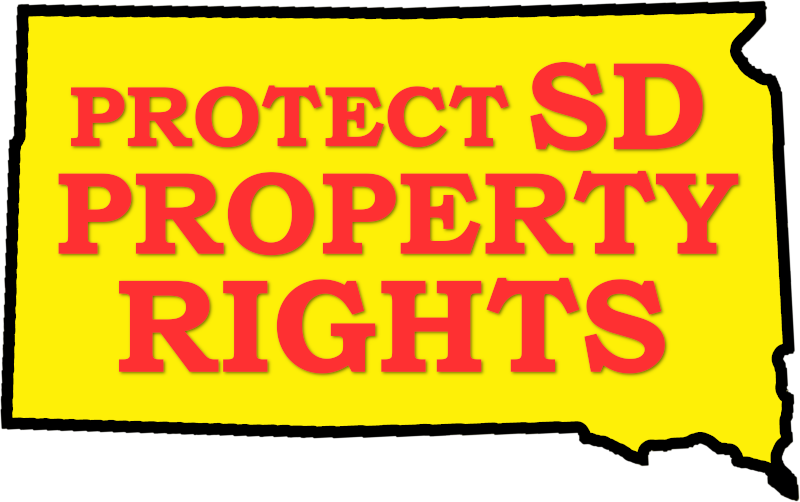/cloudfront-us-east-2.images.arcpublishing.com/reuters/RQC7HD43RZII5LX7N5DN3WPRIE.jpg)
Nov 23, 2023 | Actions
Nov 23 – Carbon capture and underground storage (CCUS) is touted by proponents of fossil fuel production and consumption as the technology that will keep oil and gas in the global energy mix.
It is, and at the same time it isn’t.
The International Energy Agency (IEA) delivered a dose of reality on whether CCUS can be deployed at sufficient scale and with viable economics in its latest report, released on Thursday.
While the global oil and gas industry is well placed to scale up technologies to help achieve the goal of net-zero emissions by 2050, the IEA warns of pitfalls.
One of those is what the agency, which represents developed nations, called “excessive expectations and reliance on CCUS”.
It called CCUS an “essential technology for achieving net-zero emissions in certain sectors and circumstances, but it is not a way to retain the status quo”.
The key word in the above quote is ‘certain’, meaning that CCUS is a viable technology to reduce emissions in some cases, but it is far from the silver bullet it is often made out to be, largely by major oil and gas producers and their supporters.
The IEA produced some sobering numbers in its report, The Oil and Gas Industry in Net Zero Transitions.
If oil and natural gas consumption does evolve as projected under current policy settings, the IEA said this will require an “inconceivable” 32 billion metric tons of CCUS by 2050.
Nov 20, 2023 | Legislators
The South Dakota legislature is a self-governing body by design, and South Dakotans expect their elected senators and representatives to govern in accordance with South Dakota coded law and prescribed decorum and civic decency. The state senate and house of representatives each have an ethics committee to address any violations of the joint rules that govern the official conduct and behavior of all legislators. Two key rules that pertain are Joint Rules 1B-1 and 1B-3:
Joint Rule 1B-1, Maintenance of ethical standards:
The people of South Dakota require that their legislators maintain the highest of moral and ethical standards as such standards are essential to assure the trust, respect and confidence of our citizens. Legislators have a solemn responsibility to avoid improper behavior and refrain from conduct that is unbecoming to the Legislature or that is inconsistent with the Legislature’s ability to maintain the respect and trust of the people it serves. While it is not possible to write rules to cover every circumstance, each legislator must do everything in his or her power to deal honorably with the public and with his or her colleagues and must promote an atmosphere in which ethical behavior is readily recognized as a priority and is practiced continually, without fail.
Joint Rule 1B-3, Professional conduct and civility:
The South Dakota Legislature will strengthen and sustain an atmosphere of professional conduct and civility among its members and with all staff and will not tolerate harassment or offensive behavior based on race, color, religion, national origin, gender, age, or disability. Harassing or offensive behavior may include the use of electronic communications through social media or otherwise, whether actual or attempted. Legislators must refrain from any and all such harassment or offensive conduct. This prohibition against harassment also encompasses sexual harassment including unwelcome sexual advances, requests for sexual favors, and other verbal, non-verbal, or physical conduct of a sexually harassing nature, when: (1) submission to the harassment is made either explicitly or implicitly a term or condition of employment or other employment determinations, or (2) the harassment has the purpose or effect of unreasonably interfering with an individual’s work performance or creates an intimidating, hostile, or offensive working environment.

Nov 18, 2023 | Media
Former congressman Steve King of Iowa has been on the front lines battling for private-property owners who face an eminent-domain land grab by private companies hoping to capitalize on government subsidies in exchange for installing wasteful carbon-capture pipelines throughout the Corn Belt.
Recently, his state’s three-member Utility Board (IUB), which is weighing whether or not to approve pipeline permits, withdrew its permission for him to testify in the case. King calls it unprecedented and says he will sue.
He also points to the consensus among property owners that the IUB is planning to issue permits for the pipelines despite recent rejections by neighboring states’ public boards. They are likely to do this despite opposition to the pipeline by some three-quarters of Iowans.
More information is available at Free Soil Coalition and at SteveKing.com.
The “Boondoggle” article he references in the interview is here, and the spreadsheet with supporting documentation is here.
Nov 17, 2023 | Chamber of Commerce
Mike Klipfel, farmer from McPherson and Brown County, responds to David Owens, President of SD State Chamber of Commerce presentation on the Summit Carbon Pipeline Solutions in Aberdeen, SD. At min 13:30, Mr Owens stated “the legislature is going to support to preempt/remove the ordinances from the county.” Ed explains that this radical and is removing the local control.
Nov 16, 2023 | Media
Min 7: 30: Ed Fischbach, land owner and farmer from Spink County, gives a response to Dave Owens, the State Chamber of Commerce President, who made comments at the Yankton Chamber of Commerce meeting. At min 13:30, Mr Owens states “the legislature is going to support to preempt/remove the ordinances from the county.” Ed explains that this radical and is removing the local control.
/cloudfront-us-east-2.images.arcpublishing.com/reuters/RQC7HD43RZII5LX7N5DN3WPRIE.jpg)

